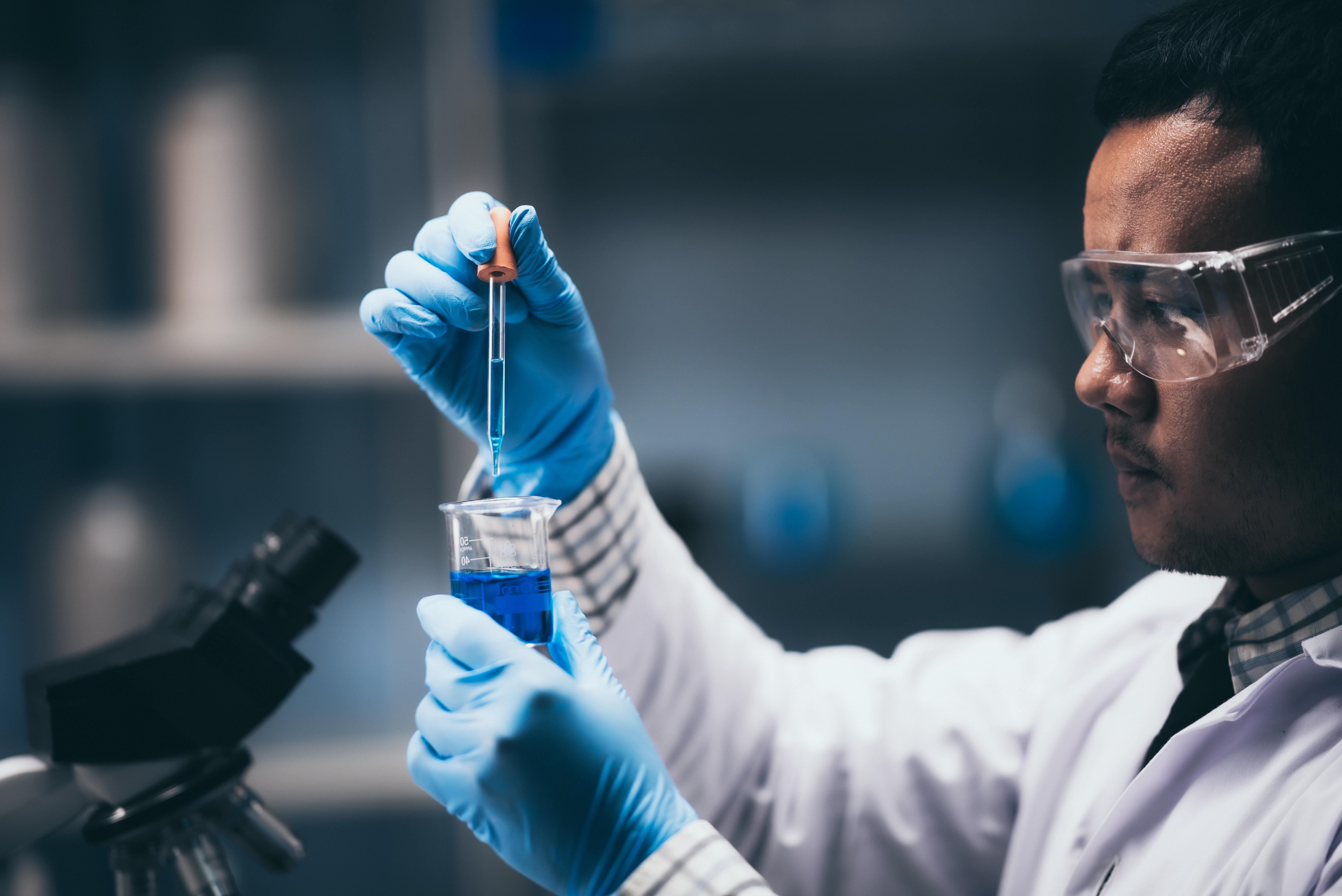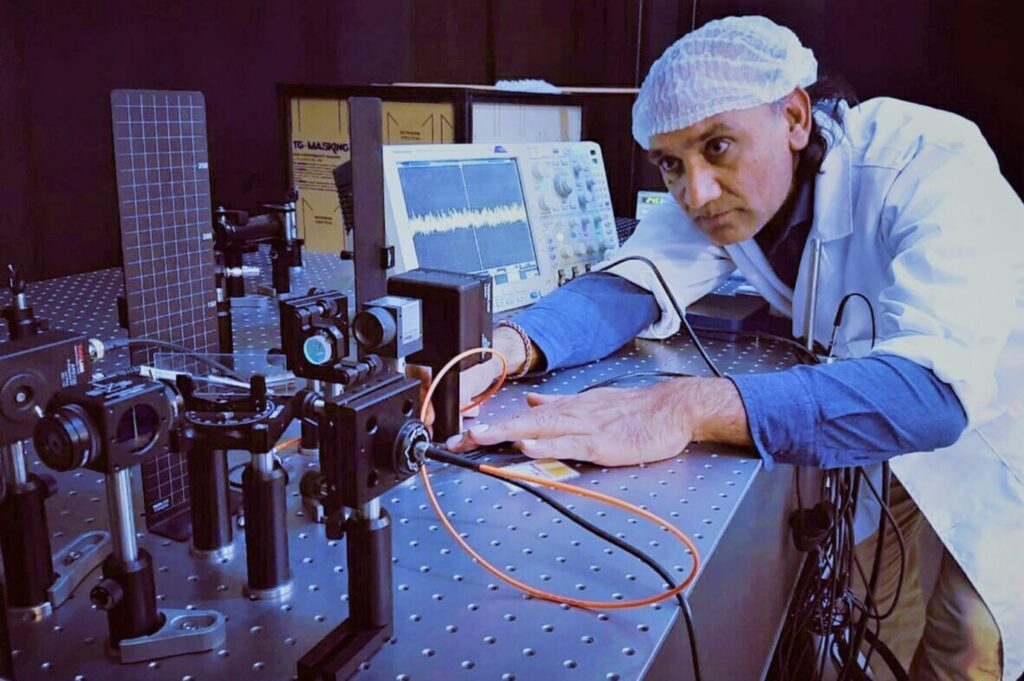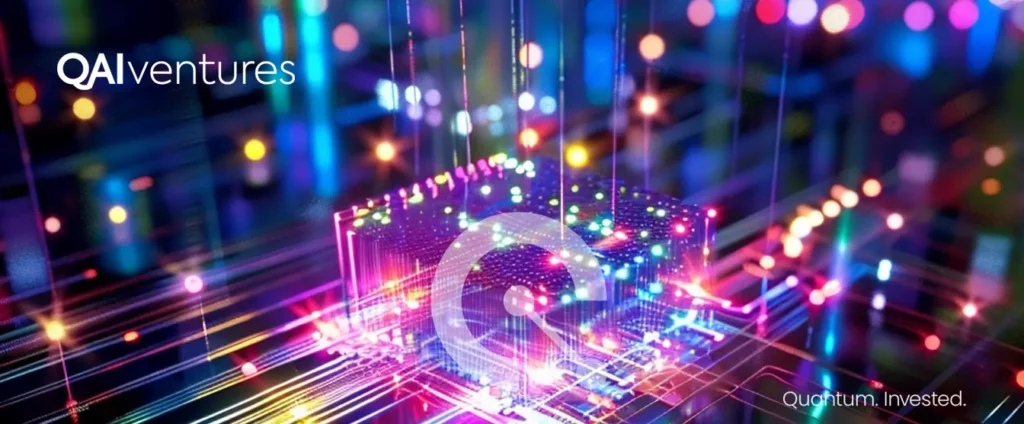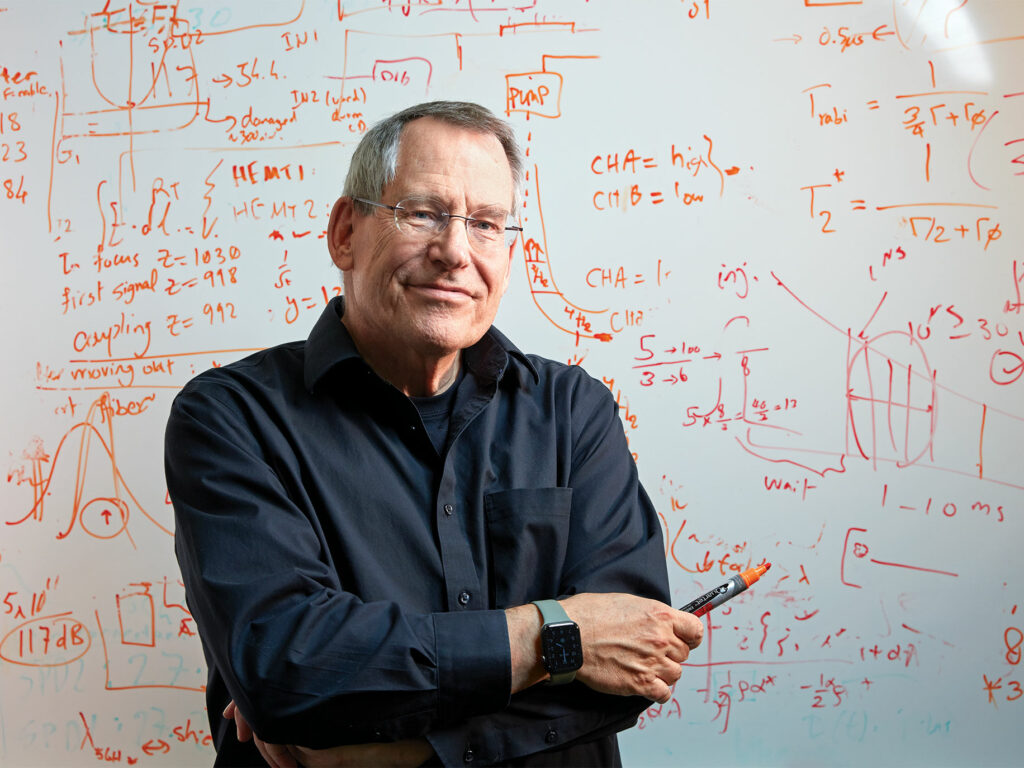Insider Brief
- Google and Covestro collaborated on how to improve quantum error correction rates to make chemical innovations more feasible.
- The scientists, which released their findings in Nature Physics, showed a 100 times decrease in error rates.
- While more work remains, the study provides a path toward using quantum computers to investigate challenges in the chemical industry.
Quantum computing experts from Google and Covestro have made significant strides in quantum computing, specifically targeting its application in industrial chemistry research. Covestro is a chemical company based in Germany that is one of the leading suppliers of premium polymers.
According to a Covestro blog post, a study in Nature Physics details their findings on using present-day quantum computers for chemical simulations, despite these machines being noisy and pre-error corrected.
Here’s a look at the work profiled in the company blog:
Why Quantum Computing for Chemistry?
Quantum mechanical system simulations are a promising application for quantum computers. Yet, the precision required for simulating molecules during chemical reactions is limited by the noise in today’s quantum devices. In essence, even tiny errors in these simulations can lead to incorrect conclusions about the reactions.

The pivotal concern is whether the noise in quantum computers can be sufficiently reduced without waiting for more advanced quantum error correction. The team’s recent study delves into this by examining two “purification-based” error mitigation techniques. These techniques, originally formulated by Google, had not been tested in real-world hardware until now.
“To do this we wanted to set up a computation that would be close enough to the kind of computation one would want to do to solve real world problems in chemistry, but still sufficiently simple to investigate the effectiveness of different error correction methods,” said Christian Gogolin, head of high performance and quantum computing, Covestro.
In their tests, they drew from past research by Covestro and Qu & Co (currently PASQAL), simulating electrons in pairs. This approach is an extension from a previous Google experiment, making it more intricate and bringing it a step closer to more advanced simulations.
100 x Decrease in Error Rates
Their findings are encouraging. The error mitigation techniques proved potent, with error rates decreasing by up to a hundred times. Additionally, these techniques displayed promise for larger computations, vital for practical applications since larger computations naturally bring more noise.
However, there’s a trade-off. While error suppression is effective, it demands running the quantum circuits repeatedly, more than a flawless device would require. In practice, this means waiting longer for accurate results.
“On a high level, error mitigation techniques are ways to trade an increase in repetitions, and often an increase in circuit volume, for an improvement in accuracy,” said Ryan Babbush, head of quantum algorithms, Google Quantum AI. “How costly the tradeoff is depends on the strength of noise.”
The Takeaway
While quantum computers hold potential for accurate chemical simulations, there’s still work to do. The collaboration between Google and Covestro demonstrates significant progress in error mitigation. However, achieving efficiency and speed in computations remains an area that requires further exploration.
If you found this article to be informative, you can explore more current quantum news here, exclusives, interviews, and podcasts.



















